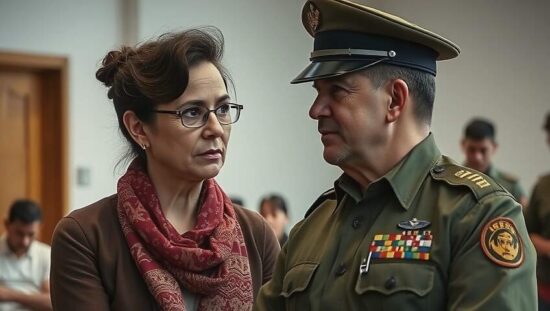Concerns are emerging regarding plans for a revised and more appealing military service model in Germany, with social welfare organizations expressing fears that the changes could disadvantage existing civilian service programs. Eva Welskop-Deffaa, president of Caritas, voiced her concerns in an interview with the Tagesspiegel, specifically referencing the proposed increase in military compensation. She emphasized that initiatives to enhance military service should not come at the expense of established civilian options.
Welskop-Deffaa advocates for a system where young people have a clear choice between military service, civilian defense work and a traditional volunteer year. She insists that all three paths should be presented as equally valuable and receive comparable support. Crucially, she believes they should also be equally compensated.
To ensure the success of the new voluntary military service model, Welskop-Deffaa is calling for the prompt introduction of a comprehensive “Volunteer Service Strengthening Act”. This legislation should legally guarantee access to a volunteer service opportunity for all and establish public funding to cover allowances and compensation.
Currently, approximately 100,000 young people participate in volunteer services following the completion of their education. Welskop-Deffaa believes this number could easily be doubled, potentially boosting participation in both military and civilian service programs. This expansion, she argues, hinges on avoiding the need for mandatory military conscription and instead successfully adopting a model akin to a “year of voluntary societal engagement”.





